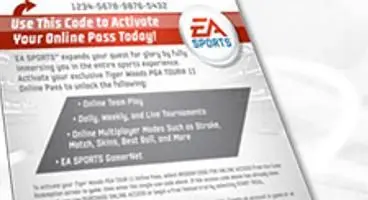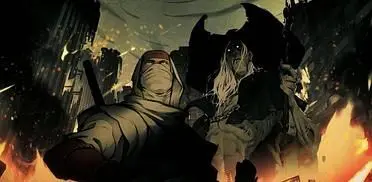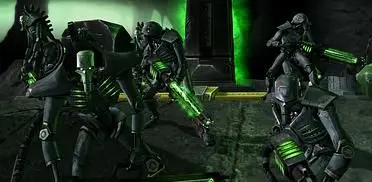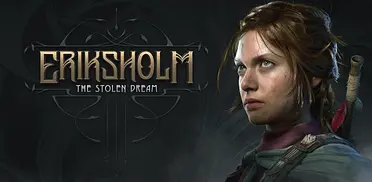Initiatives like EA’s Online Pass aren’t in the ”best interest of the gamer,” and so they’ve ”chosen not to” adopt that type of system. Betting on DLC.
”We’re not doing anything to suppress used games today,” said Kotick, referring to Project Ten Dollar and Online Pass, both of which are EA creations and have been adopted by THQ, with even Ubisoft considering similar methods.
”What we’ve tried to do is to really support our audiences and, you know, when you talk to players, they like the idea of having a currency. They like the idea of being able to take a game they no longer want to play and use it to get a credit to buy new games.”
”We can do some of these things that EA and others have done,” Kotick added. ”We actually don’t think its in the best interest of the gamer, and so we’ve chosen not to.” Instead the publisher would rather avoid that headache and instead focus on DLC.
”From a financial perspective you look at it and say, ‘Okay, well the retailer is not paying us anything for the privilege of doing it and you know we invest all this capital in making a game and we are not getting any credit, any return on their resale of the game,’ but, you know something, the best way to keep people engaged in your game experience is keep giving them more great content.” Here’s where those map packs come in.
While many bemoaned the steep $15 asking price for Modern Warfare 2’s Stimulus Package and the Resurgence Map Pack, millions of gamers paid for it. As of August this year the franchise has managed to sell over 20 million DLC units.
Modern Warfare 2 shattered records with its first map pack busting the 2.5 million sold milestone its first week going on sale over Xbox Live - at $15. Now that’s premium!


.webp)


